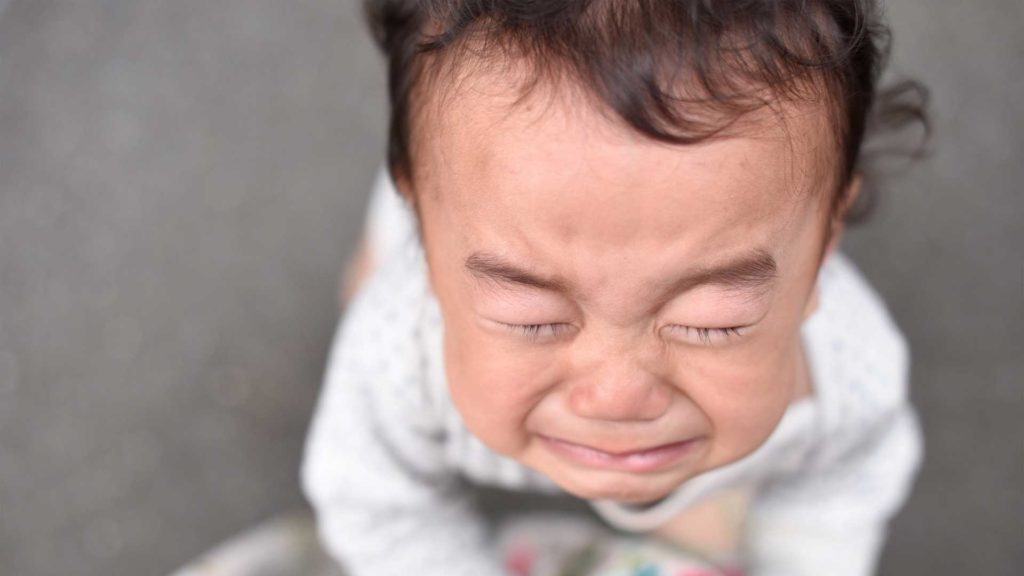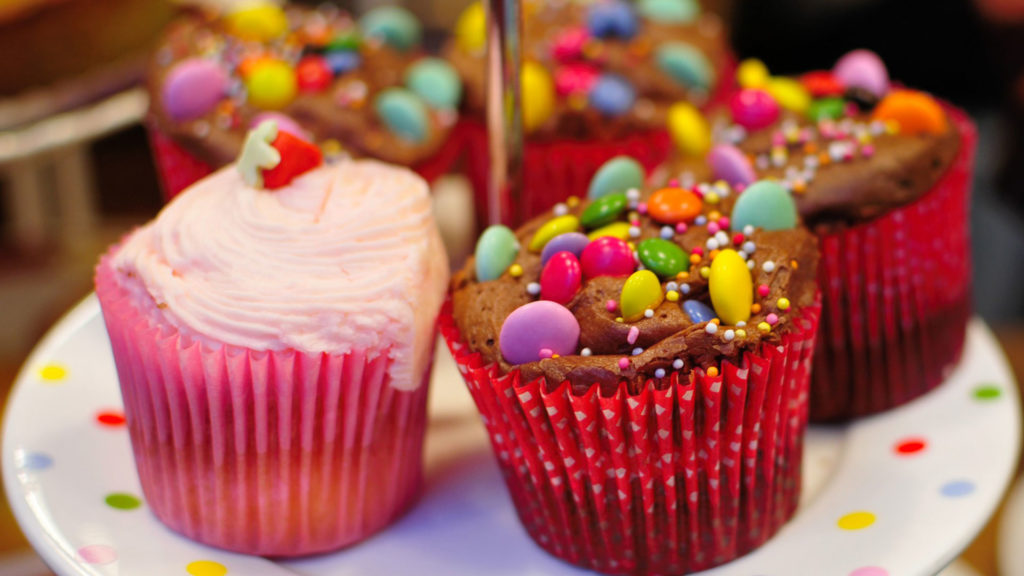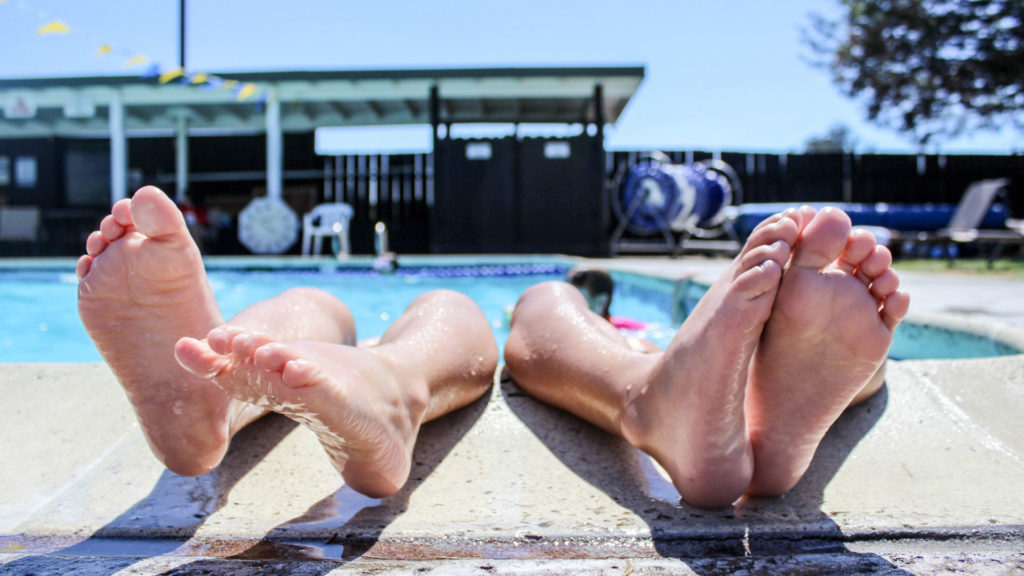Old superstitions state that tickling a baby will cause it to develop a stutter later in life, newborns were dressed in old clothes of the opposite sex to confuse evil spirits, babies’ clothes were tied with salt to keep mischievous fairies away, and in some parts of England, babies were given a spoonful of butter and sugar as their first meal for maintain their purity.
Relying on modern day parenting myths is just as unreliable as ancient superstitions, but it can be difficult to sort legitimate advice from nonsense. Believe it or not, the five second rule, the prevalence of the terrible twos, swimming cramps, extreme benefits of classical music, breastfeeding causing intelligence, and the sugar rush are all partially or completely myths disproved by modern studies!
Five Second Rule
Children are both clumsier and more careless than adults, leading to a lot of dropped food. It can be tempting to write off the germs as not having enough time to contaminate the food due to the “five second rule” that states food is still safe after falling on the floor if it is retrieved before five seconds pass.
Unfortunately, studies have proved that germs don’t need five seconds to contaminate food. According to studies from the University of Illinois at Urbana-Champaign and Rutgers University, bacteria can contaminate food no matter how quickly it is picked up. However, food can attract more bacteria the longer it lays on the food. Interestingly, among household floors, carpet has a very low rate of bacteria transmission.


Terrible Twos
Being a parent has some especially rough spots around age two. This period of tantrums and frustration is notoriously known as the “terrible twos” and is seemingly unavoidable in child development. It is around this time that toddlers gain increased mobility, self-awareness, and language skills. But the concept of the terrible twos is far from universal. In much of Africa, Asia, and Latin America, this phenomenon is absent. Several psychologists have suggested that Western parenting practices contribute to the onset of the terrible twos.
A study by psychologists Barbara Rogoff and Christine Mosier observed the interactions of American mothers versus that of Guatemalan mothers. When playing with an object with siblings, American mothers often treated the toddler the same as other children and insisted that it share. Guatemalan mothers, on the other hand, let the toddler have the object and other siblings would have to ask it for permission to play with the object. Many of the problems associated with the terrible twos were absent from the Guatemalan families.


Sugar Rush
This one may be hard for parents to swallow, but sugar does not turn children into energy-filled maniacs. In fact, it has barely any effect on their behavior. Pediatric researcher Mark Wolraich attributes this myth to the fact that sugary treats and desserts are often served at special occasions like birthdays or Halloween, where they are already hyped up. After seeing this hyper-ness, parents will falsely attribute it to the sugar and reinforce the myth of the sugar rush in their minds.


Swimming Cramps
Parents often insist that children wait an hour after eating before going swimming, as they could potentially develop cramps and drown. This not only halts the summer fun, but has no basis in fact. Snopes reports that there has never been a drowning or near drowning that is attributed to stomach cramps. The worst that could happen is some mild discomfort.
While swimming cramps after eating isn’t a thing, drowning is a leading cause of death for children. Make sure to watch the kiddos when they are in the pool!
Intelligence Boosters
Listening to classical music is said to boost the intelligence of a baby, but this is mostly a myth. Listening to any type of music, even music the baby makes on a toy, helps the brain develop.
Expensive baby toys and stimulating videos are not likely to create the next Einstein. But talking to, singing to, walking with, reading to, and sharing in experiences with your baby all help expose it to the world and aid in development.
By Kelsey Sinclair

